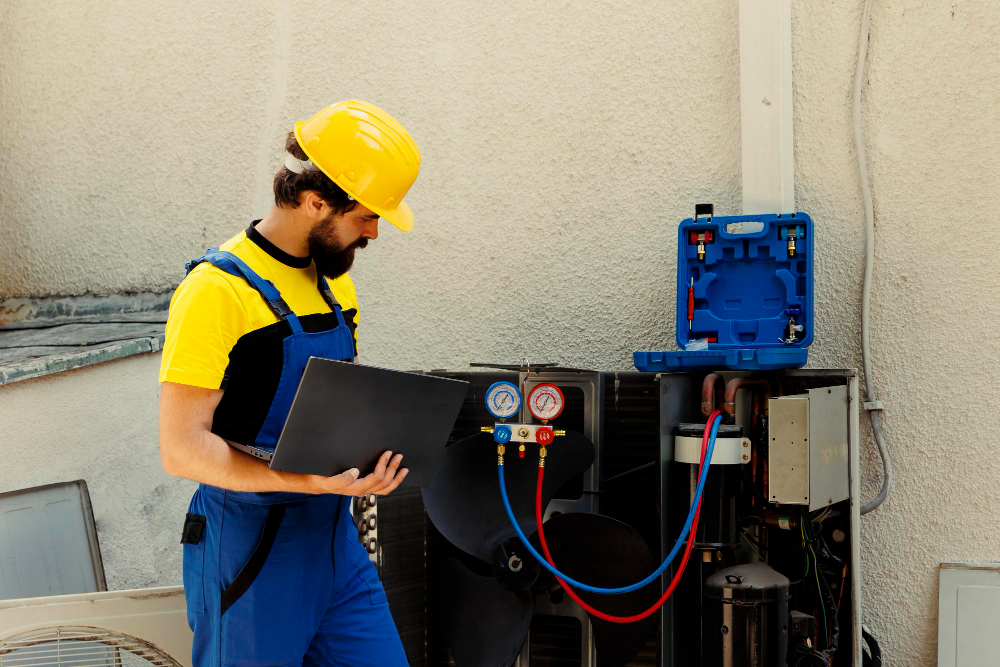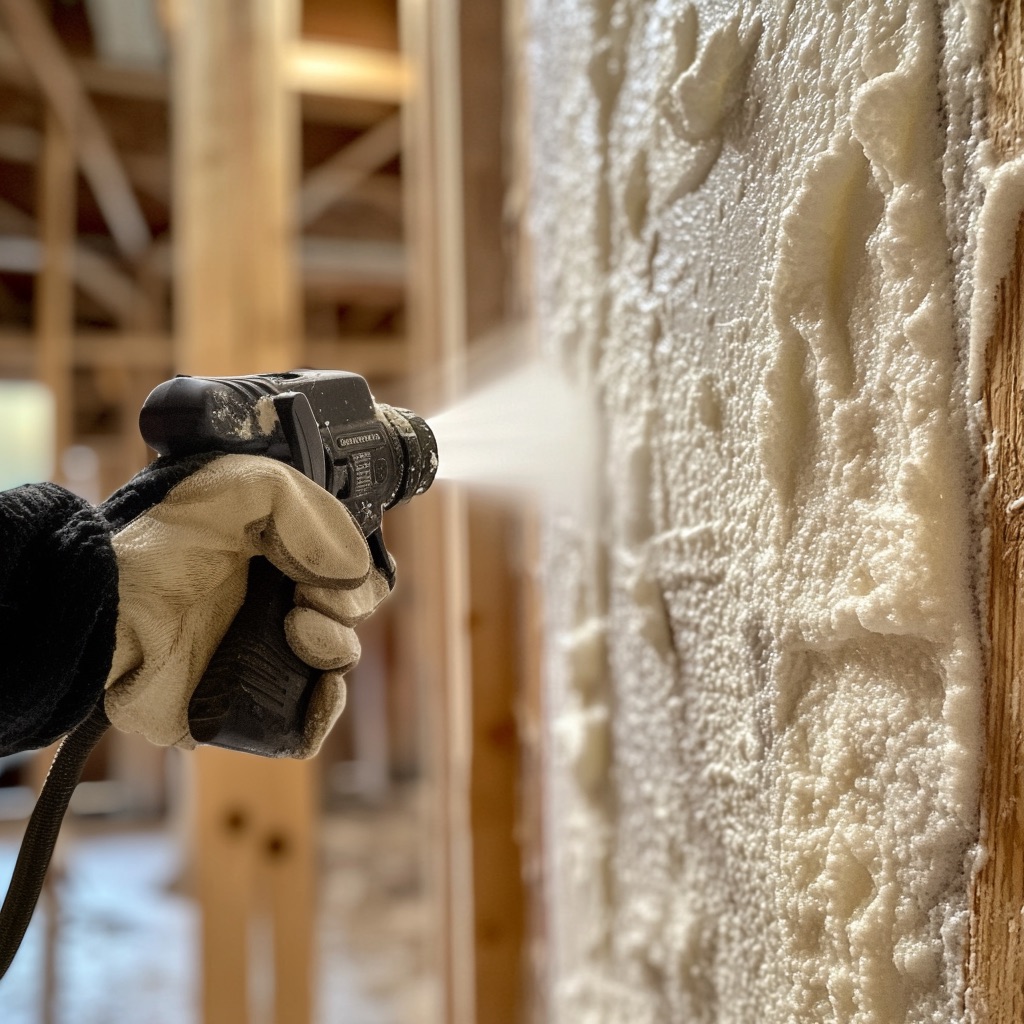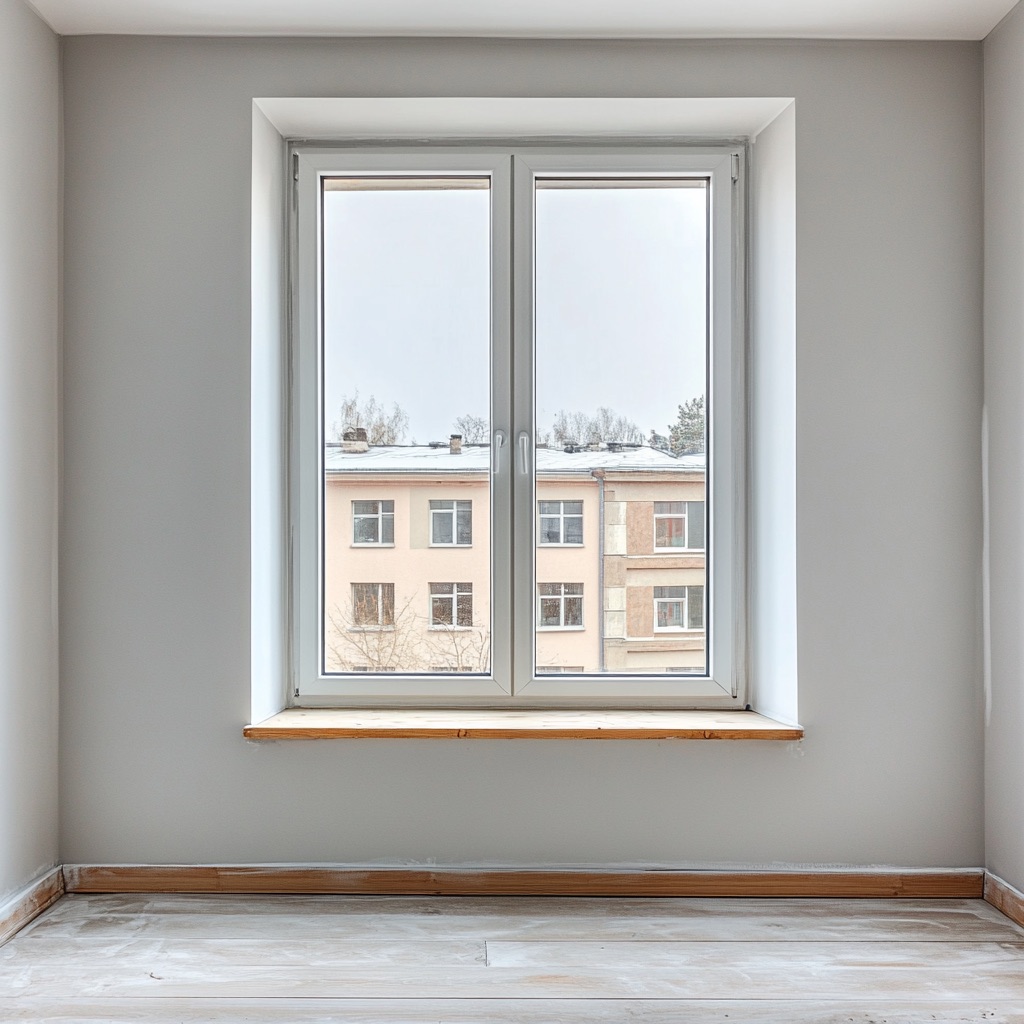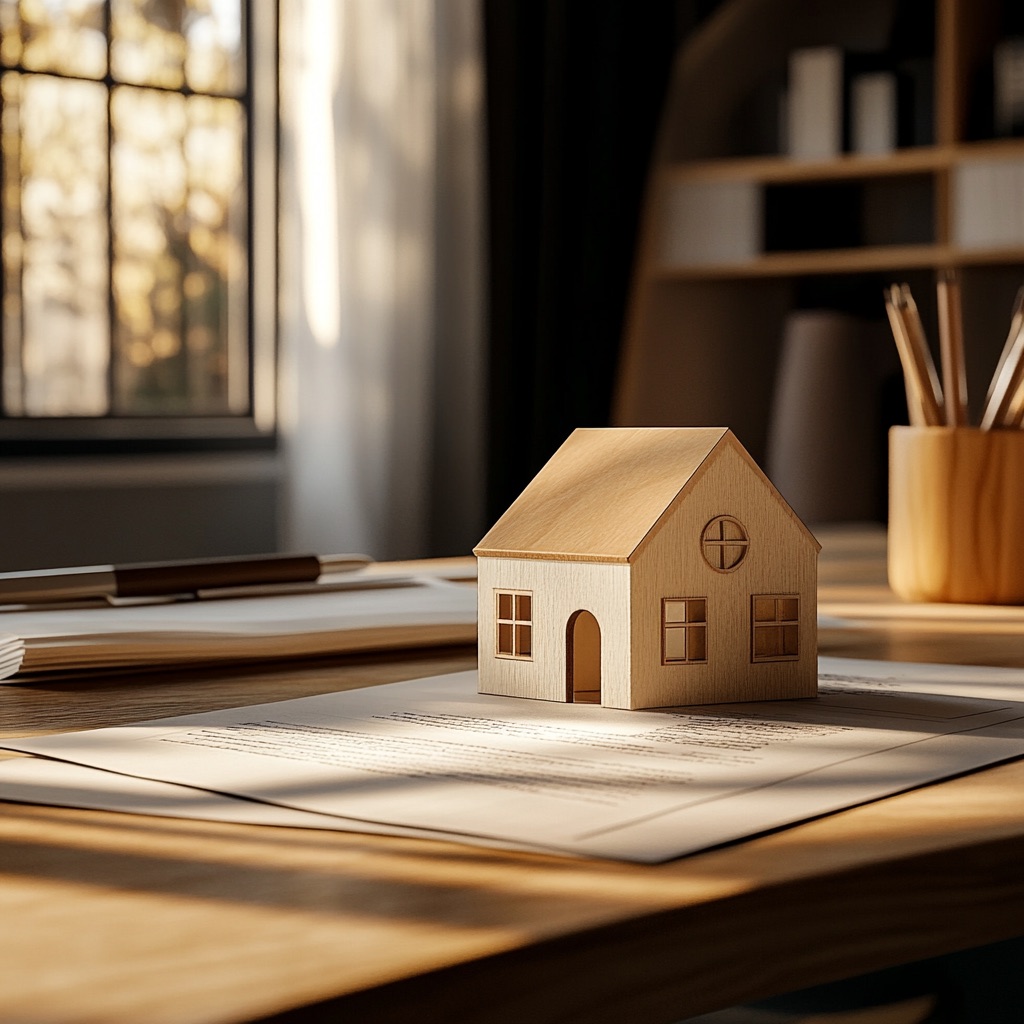As a property owner, handling repairs and inspections might not be the easiest task. Be it a leaking faucet or faulty electrical wiring, these issues require immediate attention and can often add extra stress to your already busy schedule. Not to mention the added expenses that come with hiring contractors for repairs and scheduling periodic inspections.
Neglecting proper maintenance on your property can lead to more significant problems down the line, costing you even more time and money in the long run. Let’s discuss some practical tips and strategies on how to effectively handle different property repairs and inspections while minimizing costs and maximizing efficiency.
Hire Professionals

If you’re a property owner in Las Vegas, you may be tempted to tackle repairs and maintenance tasks on your own. While a DIY approach can be satisfying and save you money upfront, it’s not always the best option. In fact, hiring a professional Las Vegas property manager can be more cost-effective in the long run.
When you rely on the expertise and tools of an experienced property manager, you can ensure that repairs and maintenance tasks are handled correctly the first time around. This way, you can avoid costly mistakes and prevent recurring issues, ultimately saving you both time and money.
Regular Maintenance
Adopting a proactive approach to property maintenance is arguably one of the most effective strategies for reducing long-term repair costs. Regularly inspecting the property allows you to detect potential issues early before they escalate into significant problems.
Consider implementing a seasonal maintenance schedule, with tasks such as cleaning gutters in the spring, inspecting HVAC systems before the hot summer months, and checking the property’s insulation before winter.
Beyond preventing potential problems, regular maintenance also maintains the property’s value, as well-kept properties tend to fetch higher rents and have more interested tenants. Employing preventive maintenance measures, coupled with a professional property management service, can streamline your property management efforts and ensure a healthy return on your investment.
Create a Budget

Creating a realistic budget for anticipated repairs and maintenance costs is pivotal in effective property management. This financial plan helps you avoid any surprise expenses and allows you to allocate funds effectively. While it’s difficult to predict all repair costs accurately, a general rule of thumb is to set aside 1-2% of your property’s value annually for maintenance and repairs.
A good budget should cover routine tasks like landscaping and seasonal inspections, as well as unexpected repairs. Any unused budget from one year can roll over to the next, creating a safety net for larger, unforeseen issues. Having a well-planned budget in place can alleviate financial stress and ensure your property remains in excellent condition.
Keep Records
Maintaining a comprehensive record of all completed repairs, inspections, and maintenance tasks is an absolute must for effective property management. Not only does it serve as a handy reference for future maintenance planning, but it also provides a clear, documented history for potential buyers or tenants.
These records should include before and after photos of work done, details of the service provider, costs incurred, and dates of completion.
Utilizing property management software or a simple spreadsheet can enable easy and organized tracking of this information. This systematic approach to record-keeping makes it easier to monitor the property’s condition, assess long-term maintenance costs, and ensure that nothing falls through the cracks.
Home Inspection
For most people, their home is one of their biggest investments. As such, it’s essential to conduct a thorough home inspection before finalizing the purchase. A professional inspector can identify potential issues that may have gone unnoticed during your initial property search. This way, you can address any problems and negotiate repairs with the seller before committing to buy.
Periodic inspections of your rental properties ensure they remain in good condition. It’s also an excellent opportunity to assess any necessary repairs and identify areas that require your attention. Regular home inspections keep you well-informed about the property’s condition and give you peace of mind knowing that your investment is being well-maintained.
Knowledge is Power
As a property owner, staying informed about local laws and regulations is crucial. Understanding your rights and responsibilities as a landlord can save you from costly legal issues in the future. For example, some states require landlords to provide annual inspections of rental properties for safety and habitability purposes.
Keeping up-to-date with changes in building codes and zoning ordinances can ensure that your property remains compliant and safe for your tenants. Additionally, being knowledgeable about landlord-tenant laws can help you navigate any disputes or issues that may arise.
Managing property repairs and inspections is an integral aspect of successful property management: it involves a careful balance of proactive maintenance, budgeting, record-keeping, and staying informed about regulations.
The key to simplifying property management lies in staying organized and ahead of potential issues. Don’t be afraid to seek professional help when needed — it could make all the difference in ensuring your property’s longevity and profitability.
Recap




